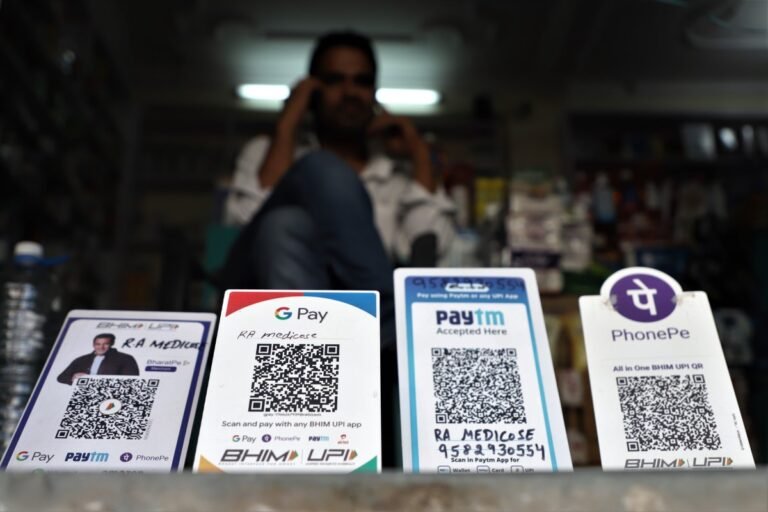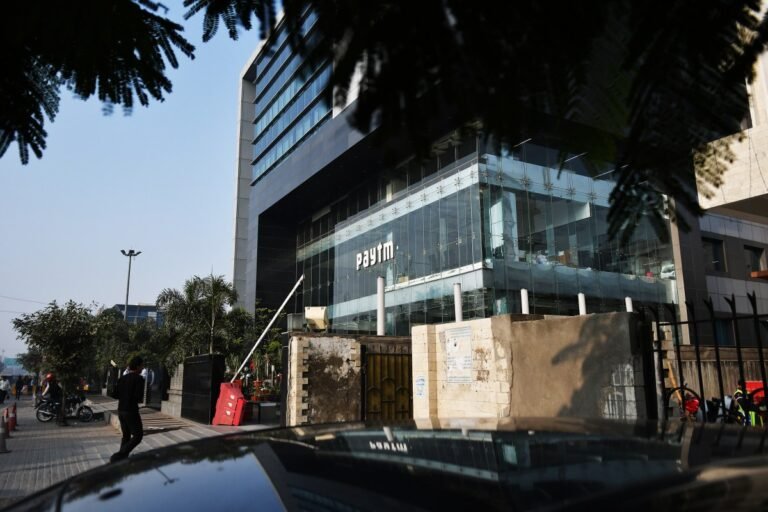
UPI, built by a coalition of Indian banks, has become the most popular way Indians transact online, processing over 10 billion transactions monthly.
In February, a parliamentary panel in India urged the government to support the growth of domestic fintech players that can offer alternatives to the Walmart-backed PhonePe and Google Pay apps.
The NPCI has long advocated for limiting the market share of individual companies participating in the UPI ecosystem to 30%.
The RBI is also weighing an incentive plan to create a more favorable competitive field for emerging UPI players, another person familiar with the matter said.
Indian daily Economic Times separately reported Wednesday that the NPCI is encouraging fintech companies to offer incentives to their users, promoting the use of their respective apps for making UPI transactions.

The third-party application provider license will enable Paytm to offer payments through the UPI network even as Paytm’s parent firm One97 Communications’ banking unit — Payment Payments Bank — is scheduled to cease operations on Friday.
The Reserve Bank of India ordered Paytm in late January to cease operations at Paytm Payments Bank, an affiliate of the financial services firm that processed majority of its transactions.
The move created shockwaves through the industry, and also meant that Paytm needed to secure the third-party application provider license to continue many of the Paytm app’s operations.
Axis, HDFC, State Bank of India and Yes Bank will serve as payment system provider to the Paytm app, NPCI said Thursday.
The RBI had advised NPCI to swiftly issue the third-party application provider license, or TPAP, to Paytm to help mitigate disruptions for its customers.

Vijay Shekhar Sharma, founder and majority owner of Paytm Payments Bank, has stepped down from the board of the troubled unit days after the Indian regulator signalled continuity at the financial firm Paytm.
Paytm Payments Bank said Monday it was reconstituting the board of directors at the Paytm Payments Bank, an associate of Paytm, with the appointment of four executives — ex-Central Bank of India Chairman Srinivasan Sridhar, retired IAS officer Shri Debendranath Sarangi, former executive director of Bank of Baroda Shri Ashok Kumar Garg, and Retd.
The appointment follows the Indian central bank penalizing Paytm Payments Bank, in which Sharma owns a 51% stake, with severe business restrictions.
(Paytm owned a 49% stake in Paytm Payments Bank.)
TechCrunch reported early this month that the Indian central bank has weighed ordering a board shakeup at Paytm Payments Bank and removing some of the company officials, including Paytm founder Sharma.

The central bank’s decision to stop the project may have been a blow to the companies that had expressed interest in it, as it would have given them one less…







